he Potential of Customizable Tomato Paste Production Line Equipment
As the food industry evolves and consumer demands diversify, tomato paste manufacturers face increasing challenges. From different flavors, ingredients, and packaging options, the market for tomato paste products is rapidly expanding. Traditional production lines are no longer able to keep up with this diversity. Customizable tomato paste production line equipment presents an innovative solution by offering flexibility and efficiency in production processes. This article will explore how customizable production lines allow businesses to adapt their processes for different tomato paste varieties and formulas, helping to meet the diverse market demands.
1. Why Customizable Production Lines are Necessary
In today's food manufacturing industry, flexibility is key to staying competitive. Consumer preferences have shifted from standardized products to more personalized, healthier options. This shift creates several challenges for tomato paste manufacturers:
Product Variety: Manufacturers must produce a wide range of tomato paste products such as spicy, sugar-free, low-sodium, and organic options, in addition to the classic varieties.
Small Batch, Diverse Production Needs: As demand for personalized products grows, businesses must adapt to producing smaller batches of diverse products. Traditional large-scale production lines are often too rigid to handle these small, frequent changes.
Market Responsiveness: Market trends and consumer preferences change rapidly. Manufacturers must be able to quickly adjust their product formulations and processes to stay ahead of the competition.
To address these challenges, manufacturers require a flexible, customizable production process. Customizable tomato paste production lines offer a solution by enabling companies to quickly adjust production parameters to match different formulas and meet the diverse needs of the market.
2. Advantages of Customizable Tomato Paste Production Lines
A. Flexibility in Adjusting Production Processes
Customizable production equipment allows manufacturers to adjust each stage of production based on the specific tomato paste formula. Key aspects of customization include:
Raw Material Processing: The equipment can automatically adapt to the type of tomatoes being used, allowing for different texture and flavor profiles in the final product. Whether the tomato paste is intended to be thick or smooth, spicy or mild, the equipment can adjust washing, peeling, and de-seeding processes to fit the product specifications.
Recipe Adjustments: Modern customizable systems store multiple recipes, which allows manufacturers to seamlessly switch between different formulations. The equipment can automatically adjust ingredient proportions—such as the amount of salt, sugar, or spices added—to create the desired flavor.
Processing Times and Temperatures: Different types of tomato paste may require different cooking times and temperatures. Customizable production equipment allows manufacturers to precisely control these variables, ensuring that each batch of tomato paste is cooked to perfection.
B. Improved Production Efficiency
Customizable tomato paste production lines significantly reduce the downtime required to switch between different product types. Traditional production lines often require extensive reconfigurations between product batches, resulting in lost time and lower productivity. Customizable equipment, on the other hand, allows for quick and seamless transitions, boosting overall production efficiency.
C. Reduced Costs and Waste
Customizable equipment minimizes waste by producing only the required quantities of each tomato paste product. Additionally, precise control over ingredients and cooking processes reduces the likelihood of errors, saving both time and resources. The ability to produce small batches of specialty products without halting the entire production line allows manufacturers to meet demand without overproducing.
D. Modularity and Scalability
Many customizable production lines feature modular designs, meaning manufacturers can easily expand or modify their equipment to meet growing demands. For example, additional components for filtering, filling, or packaging can be added to the production line as needed. This scalability ensures that businesses can adapt to changes in market demand without the need for a complete overhaul of their production infrastructure.
3. How to Choose the Right Customizable Tomato Paste Production Line Equipment
When selecting customizable production equipment, businesses should consider several key factors:
A. Flexibility
The equipment should offer a high degree of flexibility, allowing manufacturers to switch between different product types and formulations without the need for major adjustments. For example, the ability to change processing temperatures and ingredient ratios through software rather than manual intervention can greatly increase efficiency.
B. Food Safety and Hygiene
In any food production environment, maintaining high standards of hygiene is critical. Equipment should be designed to meet industry food safety standards, with features that make it easy to clean and sanitize between production runs. Automatic cleaning systems or easy-to-disassemble components can prevent cross-contamination between batches.
C. Automation and Data Management
Automation is a crucial aspect of modern production lines. Customizable equipment should offer automated systems that allow for seamless recipe adjustments, real-time monitoring, and data collection. Advanced equipment may also include intelligent diagnostics systems that can alert operators to potential issues before they impact production.
D. Supplier Support and Service
Choosing the right supplier is just as important as selecting the right equipment. Manufacturers should work with suppliers who provide comprehensive support, including equipment maintenance, software updates, and training for operating staff. A reliable supplier will be able to help manufacturers adapt their production line to meet changing market needs.
4. How to Operate Customizable Tomato Paste Production Line Equipment
A. Pre-programming Recipes
Before production begins, operators can input the desired recipe parameters into the equipment's control system. These parameters include raw ingredient proportions, cooking times, and temperatures. The system will then automatically adjust the production line to meet the specifications of the recipe.
B. Real-time Monitoring
Throughout the production process, operators can use the equipment’s monitoring system to keep track of each production stage. The system will display key data such as temperature, processing time, and ingredient ratios, ensuring that the process runs smoothly. Any deviations from the recipe can be detected and corrected in real-time.
C. Regular Cleaning and Sanitization
To ensure product quality and safety, the production line must be thoroughly cleaned and sanitized between production runs, especially when switching between different recipes. Many customizable production systems include automated cleaning features, making it easier to maintain hygiene standards.
5. Maintenance and Care of Customizable Production Line Equipment
Regular maintenance is essential for ensuring that customizable production equipment operates at peak efficiency. Key maintenance practices include:
A. Routine Inspections
Operators should regularly inspect equipment for signs of wear and tear, especially in high-use components such as sensors, mixers, and heating elements. Regular maintenance helps prevent unexpected breakdowns and ensures consistent product quality.
B. Cleaning and Sanitizing
After each production cycle, the equipment should be thoroughly cleaned and sanitized to prevent residue build-up and cross-contamination between batches. Automated cleaning systems can streamline this process and ensure that hard-to-reach areas are properly cleaned.
C. Calibration and Adjustment
Regular calibration of measurement systems, such as ingredient dispensers and temperature controls, is essential for maintaining accuracy. In addition, software updates and periodic reprogramming may be necessary to keep the equipment aligned with the latest production demands.
6. Future Potential of Customizable Production Lines
As consumer demand for personalized and health-conscious products continues to grow, the need for customizable production equipment will only increase. Customizable tomato paste production lines allow manufacturers to efficiently meet these demands, providing flexibility in both product formulation and production volume. Whether producing large quantities of traditional tomato paste or small batches of specialty products, customizable production lines offer a competitive advantage in a rapidly changing market.
Investing in customizable production line equipment is a smart long-term strategy for manufacturers looking to stay ahead of industry trends and consumer demands.
Must-Read Blogs For Chain Restaurants Owner

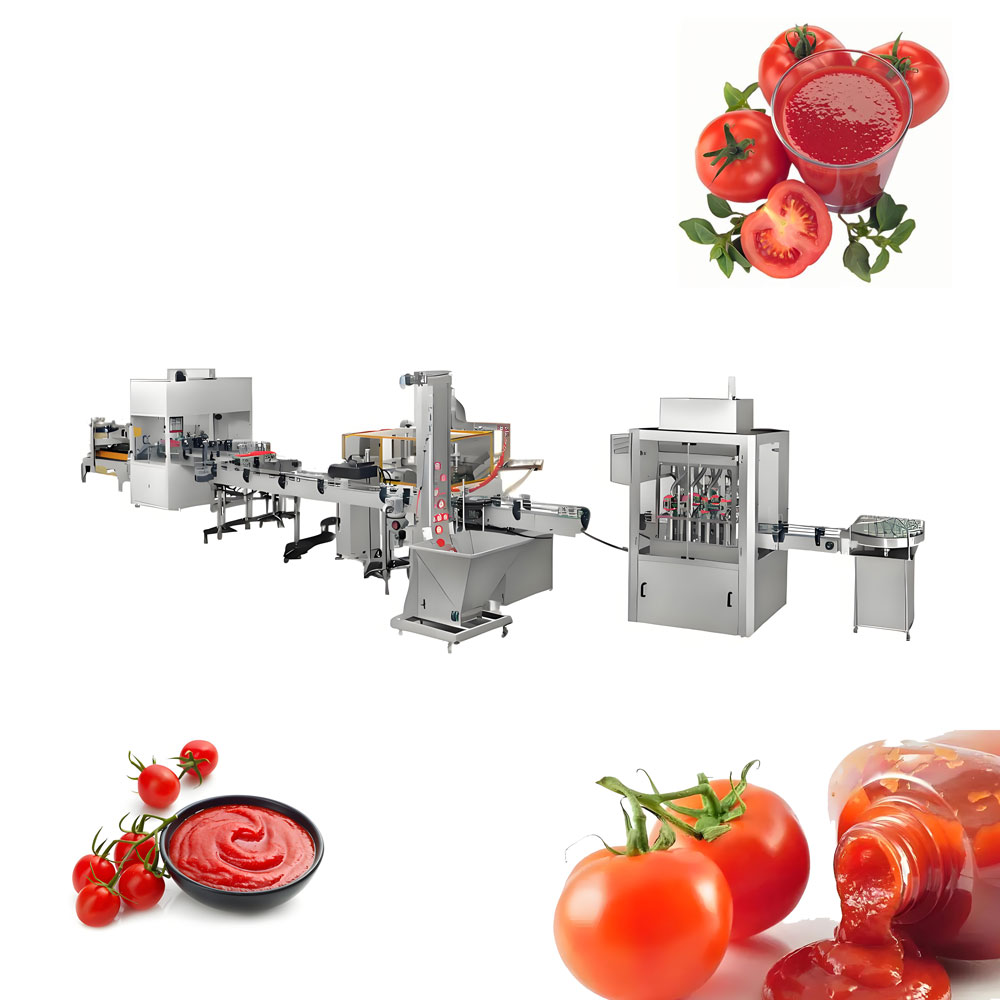
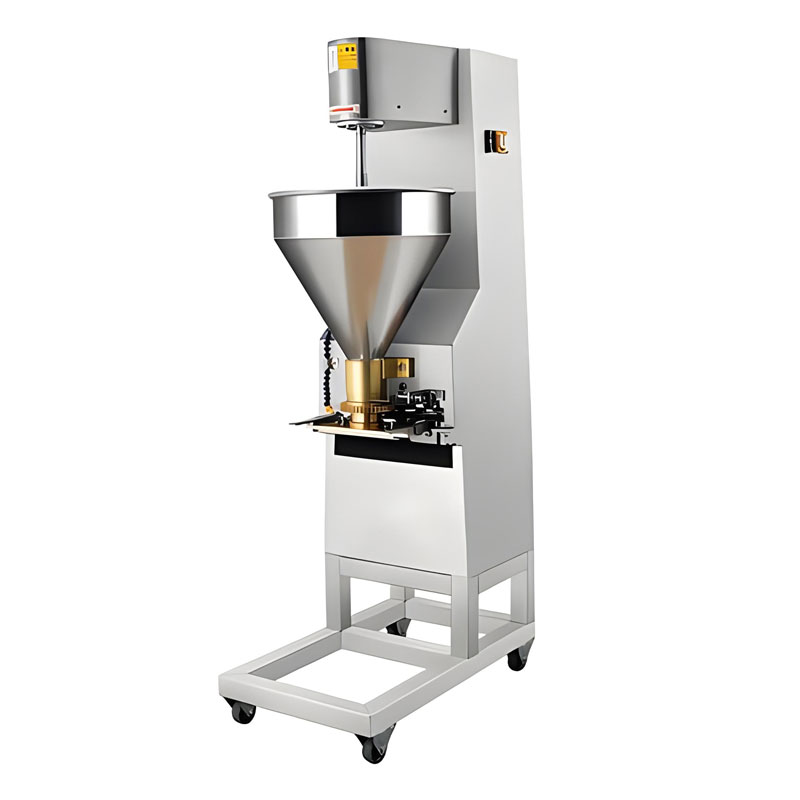
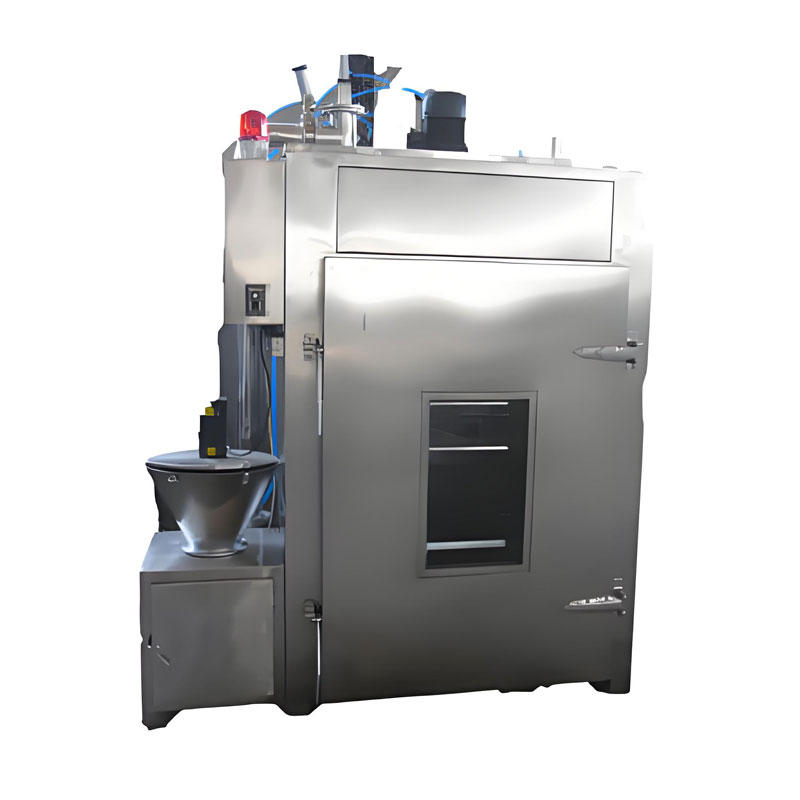
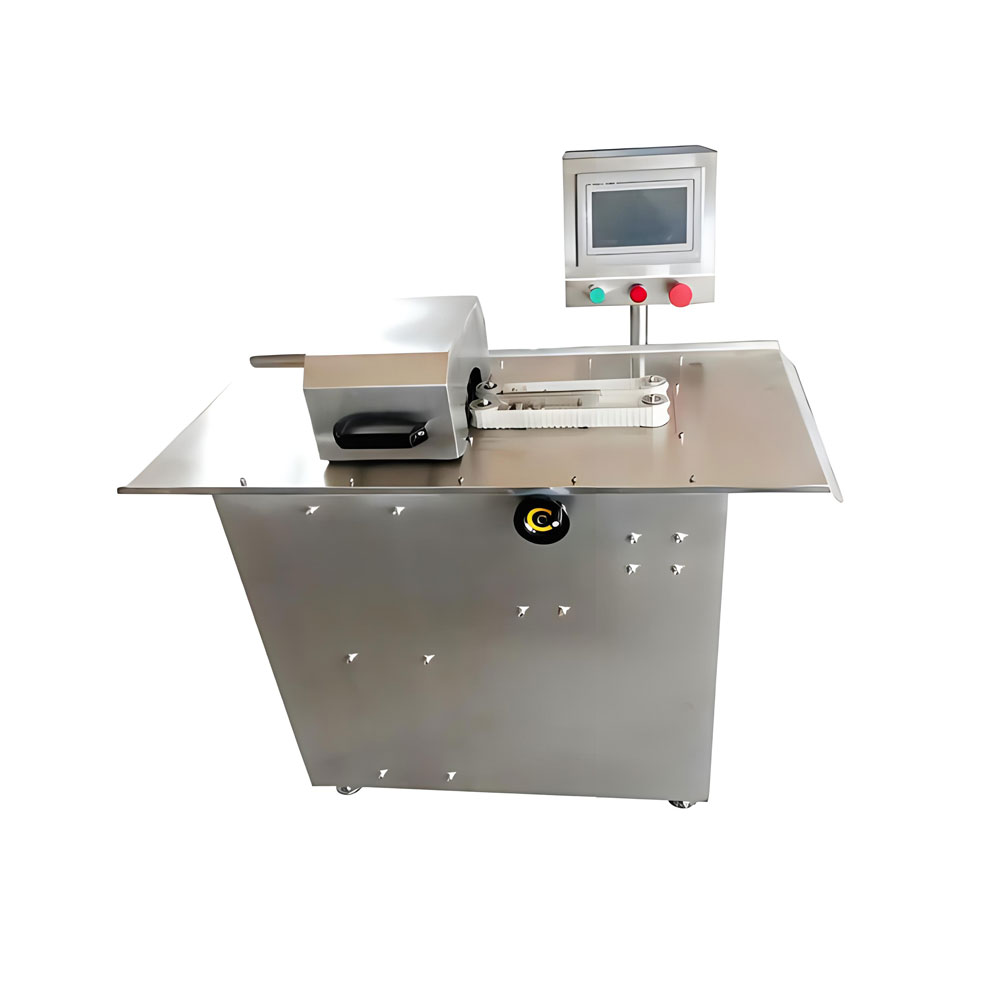
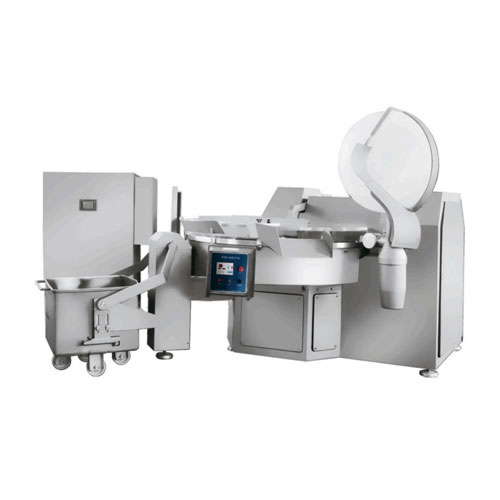
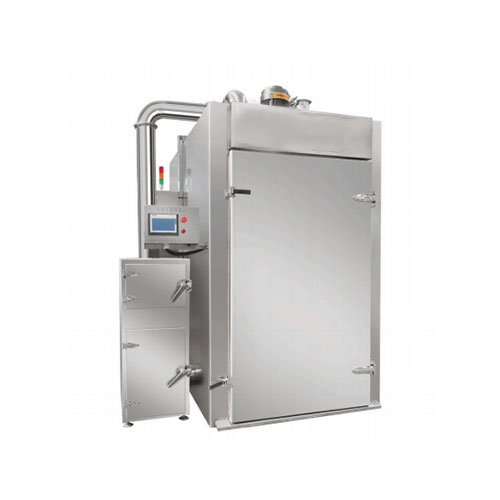
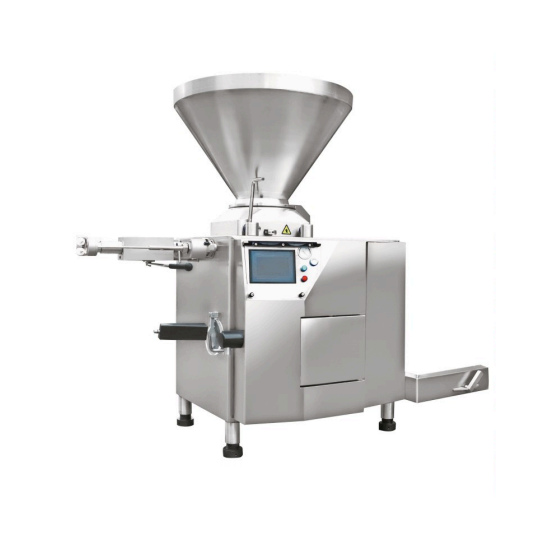
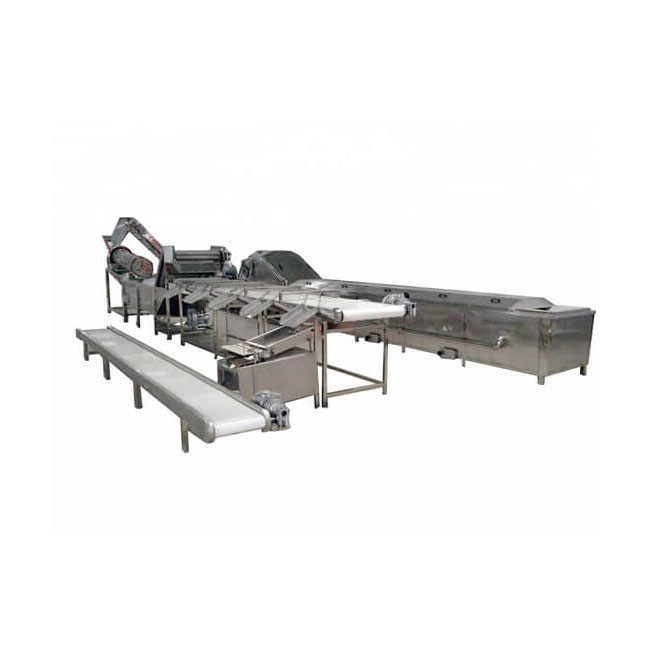
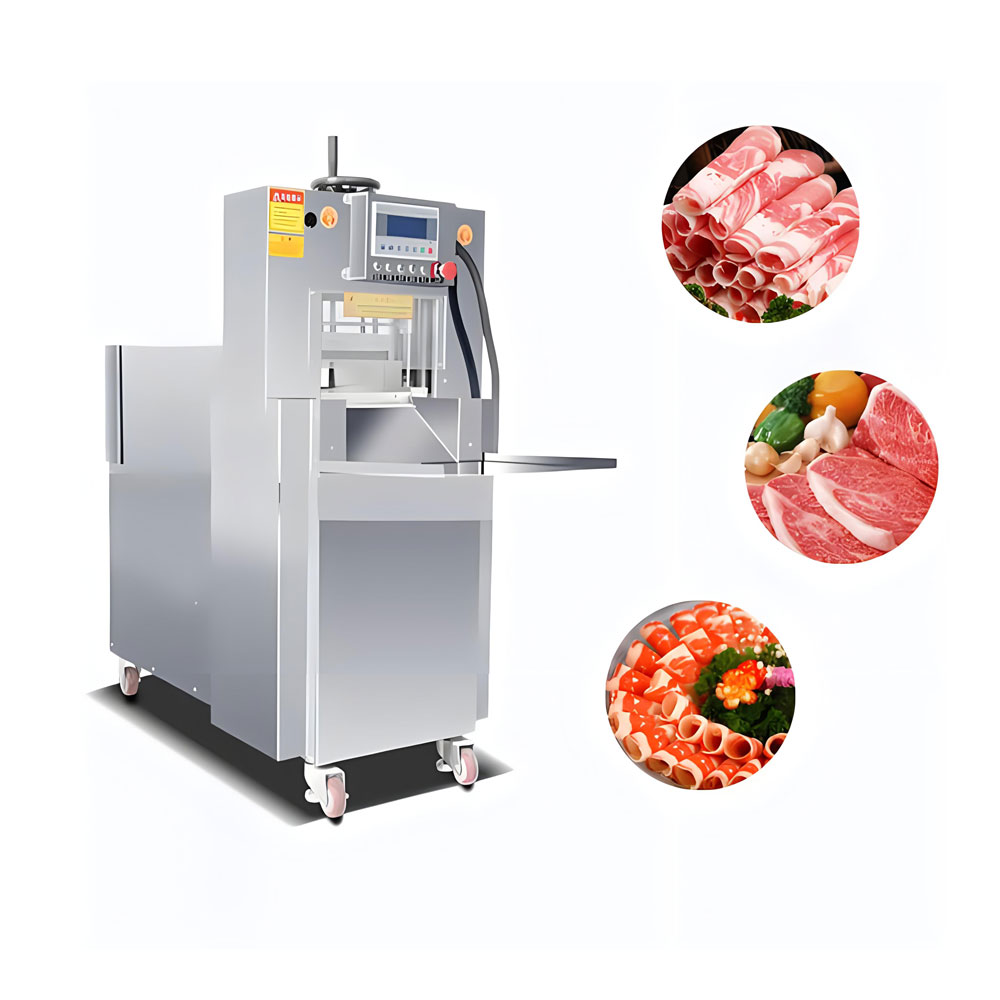
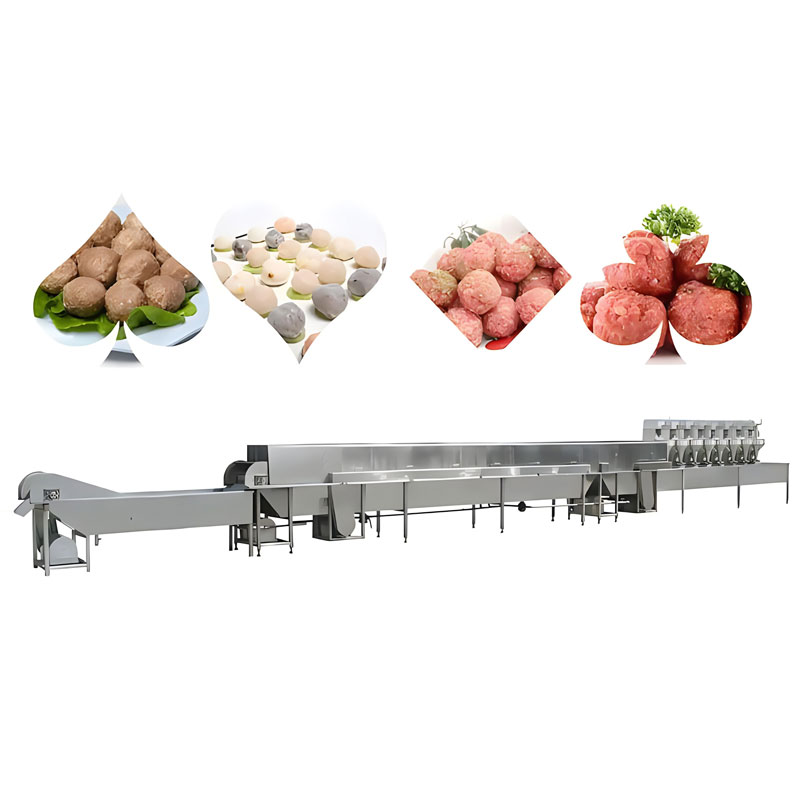
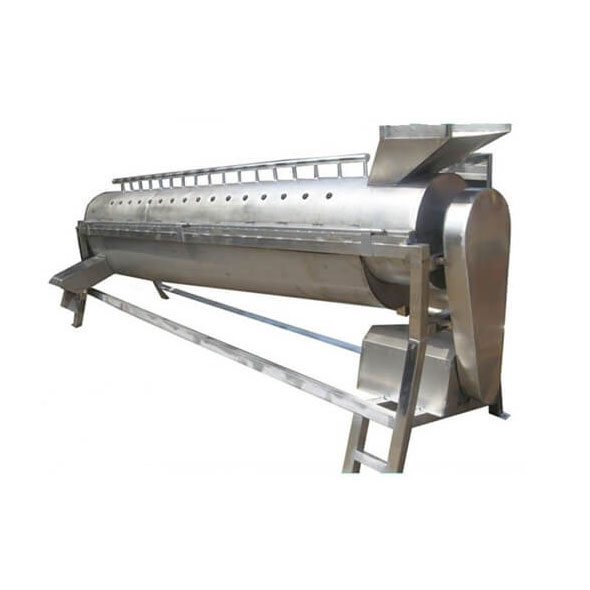
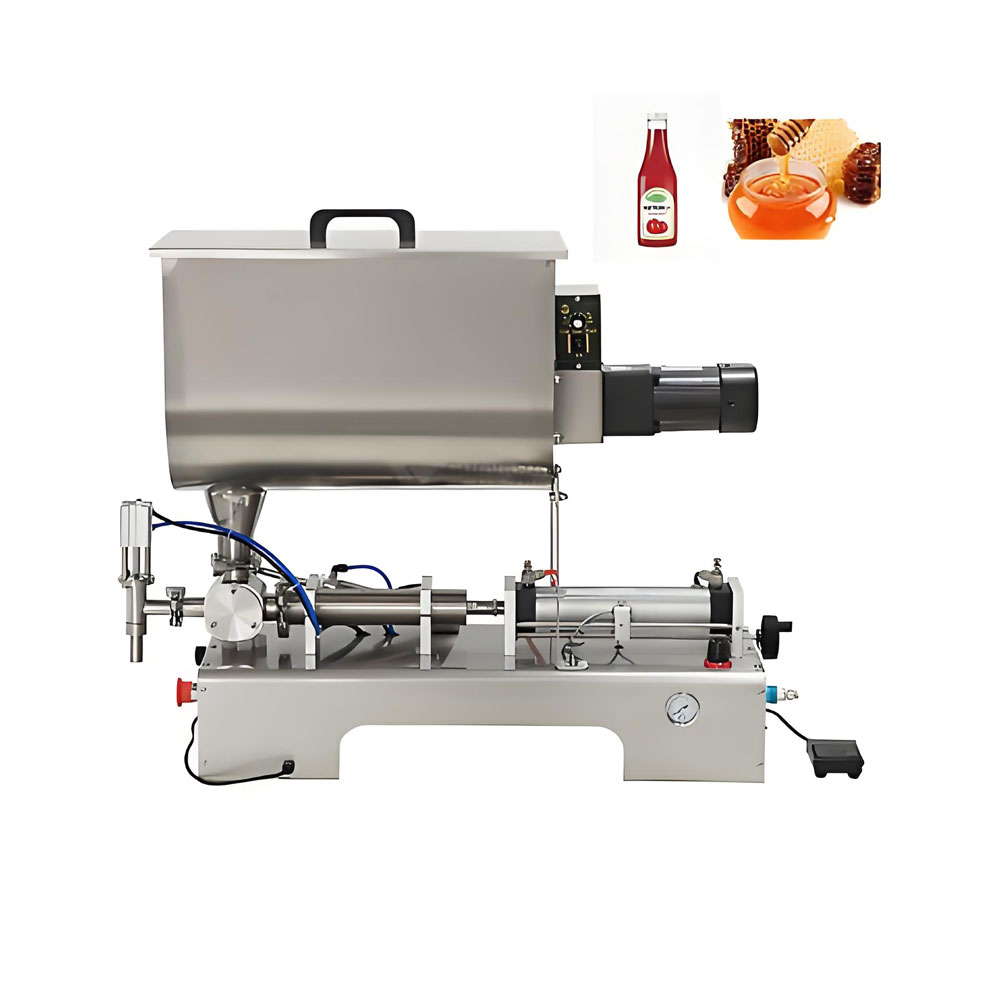 Sauce Filling Machine
Sauce Filling Machine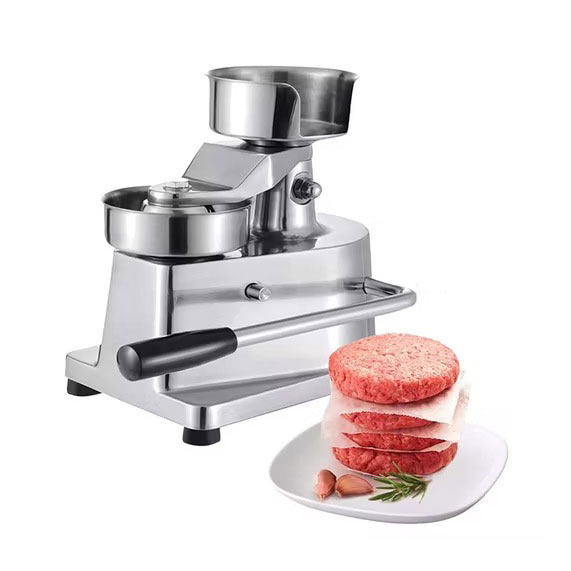 Meat Pie Maker Machine
Meat Pie Maker Machine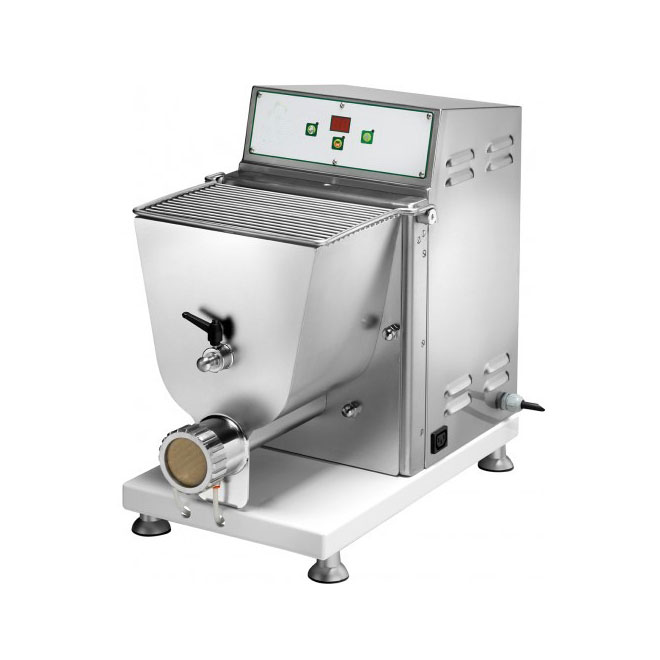 Pasta Machine
Pasta Machine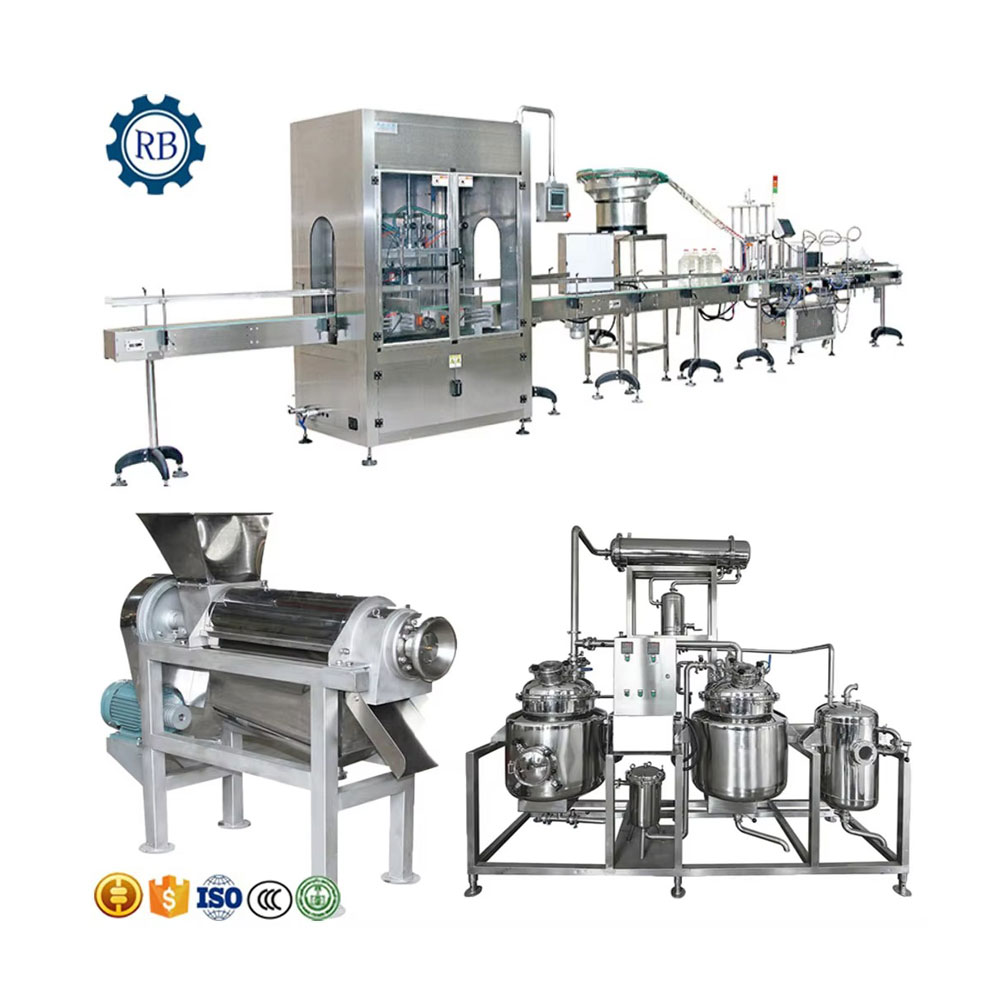 Tomato Sauce Machine
Tomato Sauce Machine
Ready to Get Started?